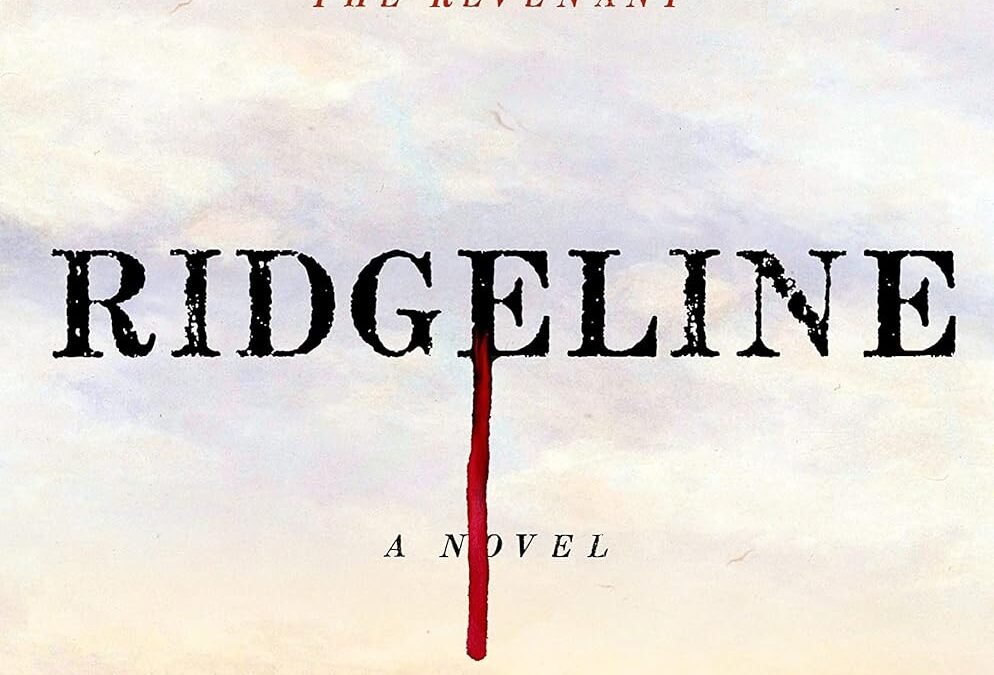
Exploring the Depths: A Journey Through the Layers of Ridgeline
Book Review: Ridgeline by Michael Punke
From the moment I spotted Ridgeline on the shelves, I felt an intrigue that was hard to shake off. Perhaps it was the aura of Michael Punke, whose debut novel, The Revenant, left an indelible mark on the literary landscape. Or maybe it was the promise of a gripping historical narrative set against the backdrop of the tumultuous American frontier in the 1860s. Whatever the reason, I couldn’t resist diving into the pages of this novel, and what a journey it turned out to be!
Ridgeline captures the compounded tensions of a nation still recoiling from the Civil War and venturing into the unknown territory of the West. At its core, the story revolves around Colonel Henry Carrington, who is tasked with establishing Fort Phil Kearney—a venture that directly encroaches on the sacred lands of the Lakota tribes, led by the formidable figures of Red Cloud and Crazy Horse. Punke skillfully weaves together the perspectives of both sides, offering a nuanced exploration of conquest, justice, and cultural clash.
One of the most striking elements of the book is its rich character development. I found myself engrossed not only in the actions of Carrington but also compelled by the deeply human portrayals of the Lakota warriors. Crazy Horse emerges as particularly compelling, embodying both strength and vulnerability as he navigates the terrifying reality of defending his people and way of life. As I read, I couldn’t help but reflect on the motivations that drive each character, revealing their fears and resilience amid adversity.
Punke’s writing is nothing short of immersive. His ability to craft vivid imagery helped me visualize the rolling hills of the Powder River Valley and feel the weight of history pressing down on every decision made by his characters. The pacing is methodical, allowing ample time for tension to build before the inevitable clashes erupt. I found joy in the meticulous research evident on every page; it’s clear that Punke has invested significant effort in ensuring authenticity. His narrative style, detailed yet engrossing, felt like a cinematic experience—one that compelled me to linger on certain passages just to soak in the beauty of his prose.
One notable passage that stood out is when Punke writes about the connection between the land and the Lakota people: “Their spirit is of the earth, entwined with the very soil that nourishes them.” This line resonated profoundly, shedding light on the deep-rooted ties that exist between identity and place—a theme that echoes throughout the book and beyond its pages.
For anyone who has an interest in American history, Ridgeline is an essential read. It’s not just a story of conflict; it’s an exploration of two worlds colliding—each fighting for their narrative in the annals of history. Punke doesn’t shy away from portraying the harsh realities of both sides, encouraging readers to grapple with questions that feel all too relevant today.
In conclusion, Ridgeline serves as a poignant reminder of the resilience of the human spirit amid turmoil. I emerged from this novel with a deeper understanding of the complexities of the American frontier and a renewed appreciation for its history, both glorified and tragic. Whether you’re a history buff, a fan of wellcrafted narratives, or simply someone searching for a powerful story, this book undoubtedly has something to offer. It’s a heartfelt invitation to reflect on our past, engaging and thought-provoking. Dive in, and you might just find yourself lingering long after the final page, contemplating the timeless battle between cultures and what it means for us today.






